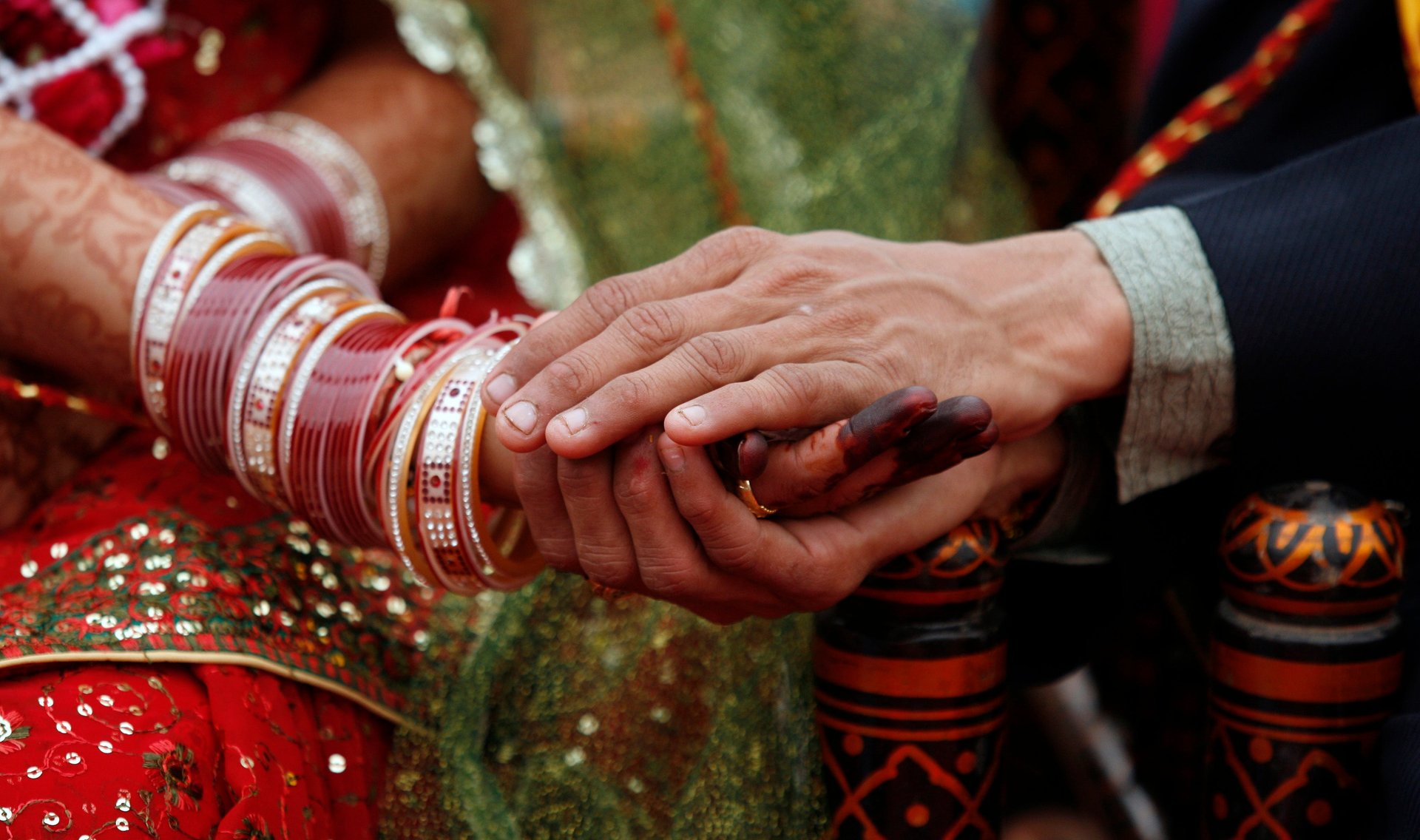In Indian matchmaking, some women come with a surprising dealbreaker: their careers
The marriage market in India is rooted in deep misogyny

In the Indian matchmaking setup, there is a higher chance of a working woman or one with a plan to nurture a post-marriage career being rendered unmarriable. Unemployed women are more likely to receive interest from matrimonial suitors, a recently published research paper says.
Suggested Reading
“A higher household social status is associated with women who are not working,” the paper, Women’s Work, Social Norms and the Marriage Market, observed.
Related Content
The research study, conducted by Farzana Afridi of the Indian Statistical Institute, Kolkata, Abhishek Arora of Harvard University, Diva Dhar of Oxford University, and Kanika Mahajan of Ashoka University, Sonipat, was published in February. It was based on an online experiment to determine marital preferences as a proxy for eventual matches and involved at least 100,000 households.
However, the research included only users with above-average education and wealth. “This indicates that the marriage market penalty on working women may be higher in the population (in India) than on the platform itself,” the paper said. Because, while such skewed preferences were common to men of all levels of education, the lesser a man was educated the higher were the chances of him rejecting a working woman.
Besides, less educated women were also more likely to face such rejection.
The study found that women employed in occupations perceived to be masculine, like a technical supervisor, were 3.2% less likely to elicit marital interest than those doing jobs deemed feminine, like that of a school teacher.
“The occupation gender stereotypes represent the extent of social acceptance of women’s work choices as per extant gender roles, particularly norms that place the burden of home production on women,” the study stated.
Also, reaffirming the misogynistic roots of India’s marriage market, it highlighted the strong effect of gender norms and patriarchy on marital preferences. This is true, especially, for men hailing from higher castes and from northern India where communities have more traditional gender norms.
Further highlighting the contrast between parameters across genders, the paper said, “Men do not value women’s intelligence or ambition when it exceeds their own, whereas women look for male partners who outdo them on attributes such as income or height.”
